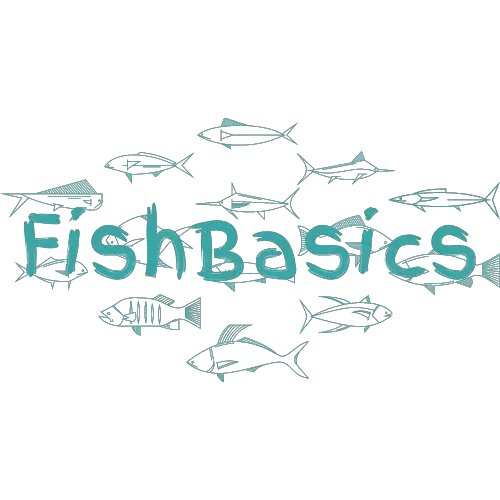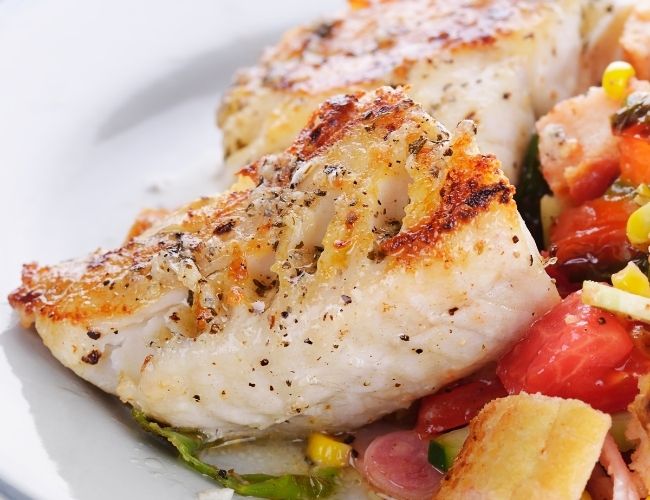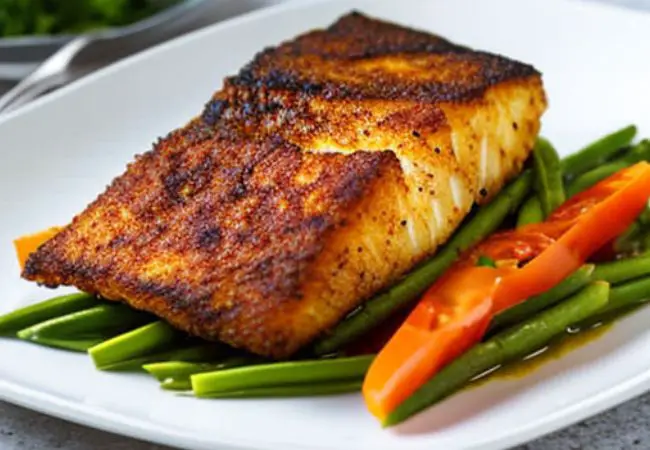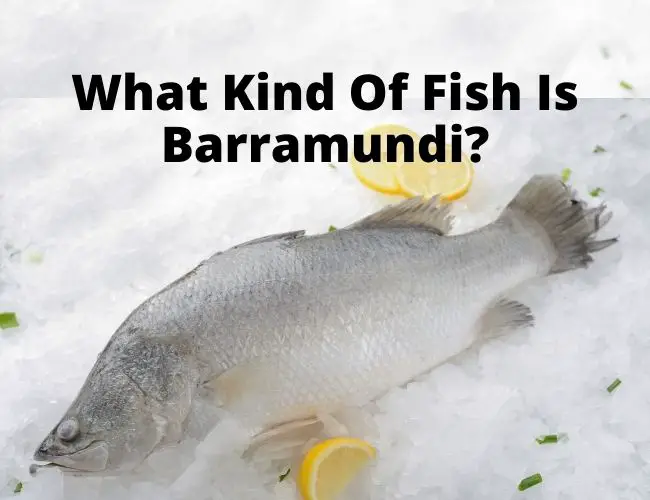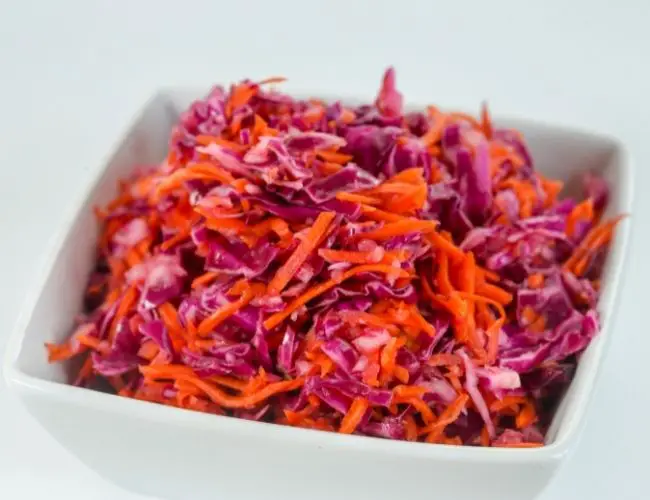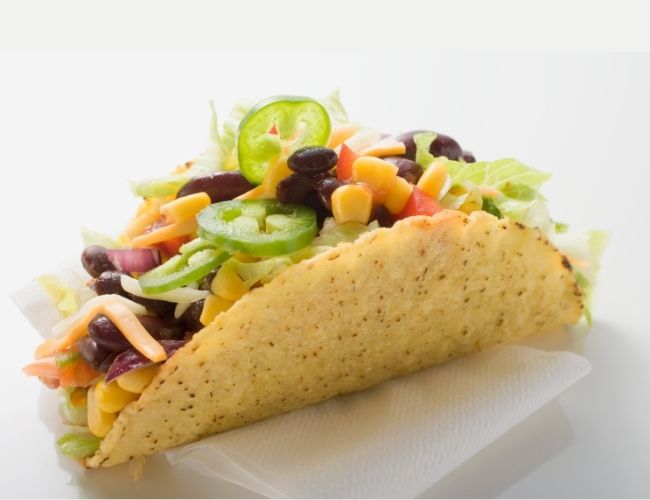Mahi-mahi is not typically eaten in kosher homes, but it’s actually one of the least objectionable kinds of seafood to eat if you keep kosher. Depending on how the mahi-mahi fish is processed and handled, it can either be kosher or not.
Is Mahi Mahi Kosher?
For a long time, I didn’t know if mahi-mahi was kosher. The only information I could find was from a rabbi who said that it might be, but that it had to be skinless. I wanted to find out for certain, so I did some research, and here’s what I found out.
Mahi-mahi (dolphin) is not considered kosher because it is a member of the dolphin family. In addition, it is a predatory fish and lives near the top of the water. These facts plus its diet make it an “unclean” fish.
However, mahi-mahi can be purchased without scales and fins and this makes it one of the least objectionable kinds of seafood to eat if you keep kosher.
The next time I was in the supermarket, I looked for mahi-mahi without scales or fins. You can see in the picture above that it was located with the rest of the non-kosher fish.
Mahi-mahi is sometimes sold as dorado, which is Spanish for golden. It’s also known as dolphin and dorado fish.
Is Mahi Mahi Clean or Unclean?
Mahi mahi is a very popular fish that has found its way into the diets of many people around the world. It is a type of fish that can be eaten by those who keep kosher, but it requires a bit more research and preparation than other types of fish.
The body of a mahi mahi contains two separate sections. The first is similar to the meat of most fish and can be eaten by kosher individuals.
The second, however, holds a section of red meat that typically has the same status as beef in terms of kosher guidelines.
Because mahi mahi contains some parts that can be considered non-kosher, it is important to make sure the fish you eat is fresh and free from any signs of damage to the meat.
This includes blood in the area where the red meat section was removed or to the finished product, which could indicate that a portion of this section remained in place while it was being processed.
Buying Kosher Mahi Mahi Fish
Kosher products are certified by rabbinical authorities at different levels, depending on the product and who is manufacturing it. This means that there are different requirements for kosher foods based on their processing, storage, handling, and preparation.
Because of this, knowing where your mahi mahi comes from is important to know whether or not it’s still clean.
When choosing a fish to purchase at the store, try to choose one that was processed by a company that is known for its kosher certifications. When in doubt, ask your fisherman where he got his catch and what the process was to ensure its cleanliness.
There are currently companies across the world that certify their foods as meeting kosher guidelines. These include many stores like Kroger, Albertsons, Ralph’s, Publix, and more.
Look for a symbol on the packaging of these products that says “kosher” to ensure it meets kosher standards, or see if your store is listed as a place where you can purchase kosher items.
Although mahi mahi has been ruled as generally clean, those who keep kosher should take the time to learn more about their options for purchase. This includes looking at where the mahi mahi was processed, if it is kosher certified and how it was handled before being packaged for sale. By doing this, you are making sure your mahi mahi is clean and ready for consumption.
Does Mahi Mahi Have Scales?
Does Mahi Mahi have scales, this is a common question asked by those who keep kosher. The short answer is yes, mahi mahi has scales and is considered kosher.
However, we need to expand on the answer here just a little bit as there are certain criteria required for kosher fish and so as with salmon the answer “yes it does have scales” is not quite enough information.
The scales on fish are actually their outer integument and they provide protection for the inner organs. For this reason, all kosher fish must have scales with the exception of sharks, rays, skates, eels, and catfish.
Mahi mahi is also known as dorado or dolphin fish which has given rise to plenty of questions over the years. The confusion is caused by the fact that certain species of dolphins are mammals and do not have scales, this means they are not kosher.
Mahi mahi has very distinctive scaly-looking markings on its skin that are evident even when the fish is quite small. These scaly patches grow into scales as the fish matures.
Pictures show the actual scales on mahi mahi which are large, round, and can be seen easily. The scales have a pearl-like look to them although they are not particularly shiny.
Mahi mahi is scaly fish that are kosher. They have scales in the same way salmon or trout do and under Jewish law, this means they are kosher.
Mahi mahi Recipes:
Conclusion
You can eat mahi mahi if you are looking for kosher fish. The fish has scales and is considered a kosher fish. This applies to all species of mahi mahi and they can be eaten by those who keep kosher without worrying about the scales.
Kosher-certified food establishments may also serve mahi mahi as long as it is labeled as such. If it has not been specifically labeled you may want to ask.
If you love cooking fish, don’t forget to follow me on Pinterest for more awesome fish recipes.
